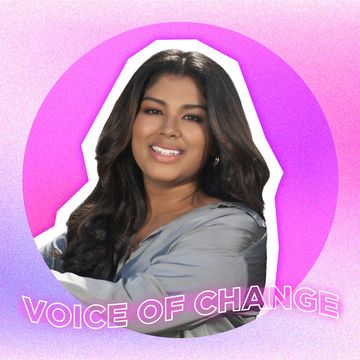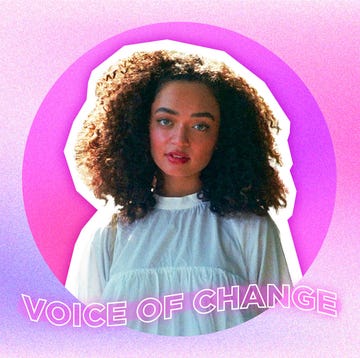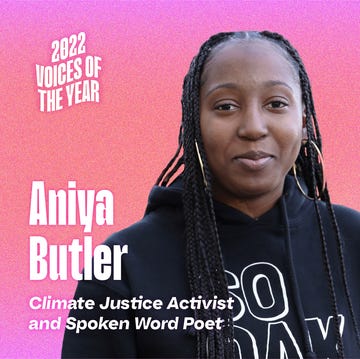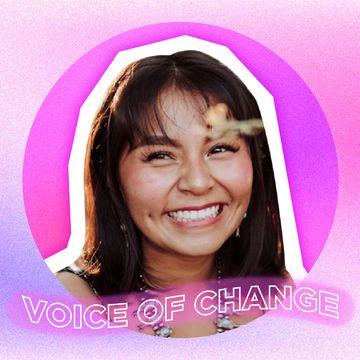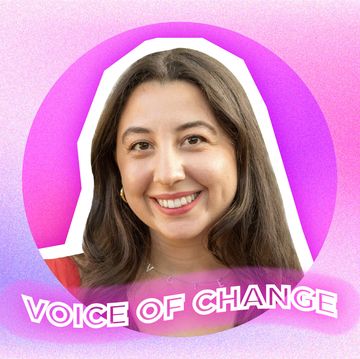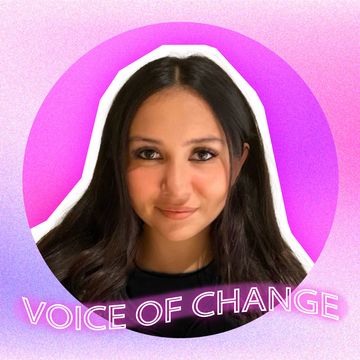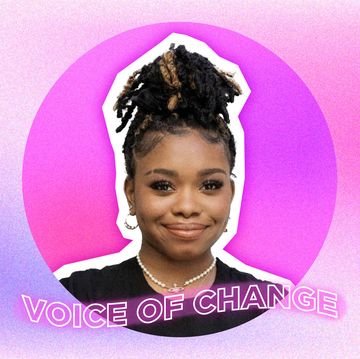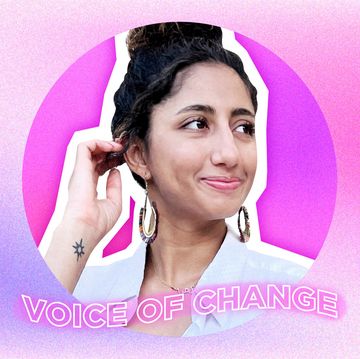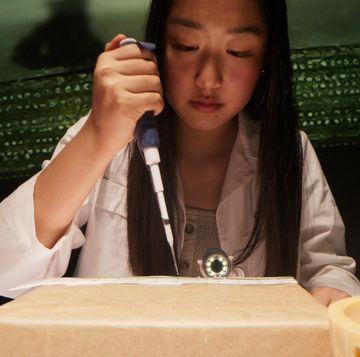I was that kid in middle school who always read 15 books every summer. Now that I’m a rising high school senior, I’ve read hundreds of mysteries, thrillers, science fiction — you name it — and a ton of YA. YA by a landslide. And out of those, one title truly convinced me of reading’s magic: Once and Future by Amy Rose Carpeta and Cori McCarthy.
As soon as I finished it, I slammed the cover shut and bounded up the stairs two at a time, waving the book excitedly to catch the attention of my dad, who was doing work at his computer. I fumbled it open to the acknowledgments and pointed to show him that the book’s main character had a background in Lebanese culture like ours — the same as our family’s. Finally!
Up until then, I’d never read a book with a middle eastern protagonist and definitely not one that seemed like it was set in a country in the Levant (an area, including Lebanon, along the east coast of the Mediterranean.)
It only took that one thing — in this case, my family’s country and its culture — to connect me to the novel’s main character — even if she was a futuristic human or lived a life with no resemblance to mine. What kept me reading wasn’t the knights fighting space battles, but that one connection to my heritage.
When characters reflect parts of ourselves — our backgrounds, circumstances, feelings, experiences — we feel seen. Once and Future made me feel seen. As a novelist myself, right now editing my own YA book, I was inspired by this revelation. In my novel, Paradox, the characters belong to an alien race, so it was important for me to make sure my readers could somehow relate. I realized I only had to choose one thing — one universal human experience — to create that hook.
So I chose to focus on a period of development all human beings go through — that tough transition from childhood to adulthood. That’s what YA does so well, after all, and why teens are drawn to the genre as a whole. Why I was.
One of my novel’s main characters, Princess Celene, a Dikarian princess destined to rule over the entire solar system, has, on the surface, nothing in common with my readers. Most teen readers are members of our earth-bound race, they’re probably not princesses, and they definitely don’t live in intergalactic societies.
But when Celene’s castle is set on fire, and she’s faced with decisions that force her to leave her family and privilege behind, go out on her own, and assume responsibility as an adult — whether or not she’s ready — we feel for her and relate to her because we’ll all have to go through the same thing.
At some point, we all make that transition.
When we see ourselves in the books we read – whether in experiences, backgrounds, personalities, cultures, choices – it helps us step into a character’s shoes. Whether it’s Bree as she finds her truth in a world full of lies in the Legend Born series, or Suren and Oak suffering heartbreak in The Stolen Heir, or Rufus and Mateo in They Both Die in the End coming to terms with mortality — most readers can relate. Tris in Divergent has to decide to leave her family and join Dauntless. Katniss chooses to sacrifice herself for the sister she loves in The Hunger Games, and we all understand loving our families more than ourselves, that willingness to do anything for them. If my sister got chosen to hunt in The Hunger Games, I’d offer to take her place, too.
When we anchor ourselves in that one connection, we’re then able to delve into a range of perspectives and journeys that enable us to relate to these characters on even deeper levels. We then take that ability into our real lives: one human element can connect us to people despite our vast differences.
This is why reading is so important. It teaches us to care about others more deeply, and to understand other people’s circumstances that are different from our own.
And so fellow teen readers, as you're browsing your summer selections, whether you’re looking for an escape from your own life in outlandish settings, epic battles, or harrowing adventures, think again about what we really love about our favorite novels — the connections that hook us and keep us hooked.
Lilly Peters is a rising high school senior, living in New York. This year she completed her debut science fiction novel, Paradox. She received three Silver Key awards and two Honorable Mentions in the 2022 and 2023 Scholastic Art and Writing competitions, including for her flash fiction pieces The Ghost of You and Red Vines. When she's not writing fiction, she works as a lifeguard and plays four instruments, including cello and ukulele. Stay connected with Lilly on Instagram and LinkedIn.




